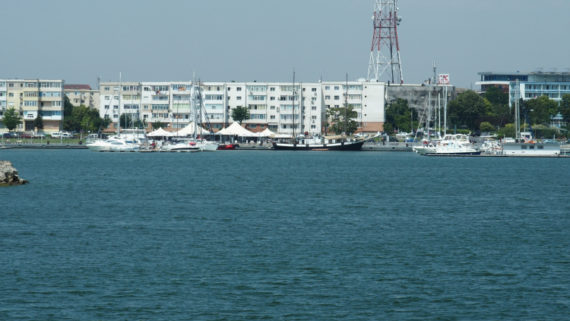UNWTO Guidelines for Institutional Strengthening of Destination Management Organisations (DMOs)
In the context of the changes and challenges in tourism in recent years, the need for better planned destination management has been recognised. Increasingly aware of the need to enhance the competitiveness and sustainability of destinations, many destination marketing organisations are faced with the need to broaden their scope to become all-encompassing Destination Management Organisations (DMOs).
Authorities, stakeholders and tourism professionals are coordinated by a leading entity within a coherent strategy and a collective vision that pursues a common goal: the competitiveness and sustainability of the destination. DMOs should align their policies and actions with the 2030 Agenda for Sustainable Development and the Sustainable Development Goals including economic growth, sustainable production and consumption and life below water.
The World Tourism Organization (UNWTO) Guidelines for Institutional Strengthening of the DMOs aim to:
- awareness of the need for a leading organisational entity at destination level;
- to establish globally relevant criteria and indicators to be met by each DMO;
- to provide a set of globally applicable recommendations to help DMOs strengthen the institutional framework, competitiveness and sustainability of the destinations they represent.
Destination management is the strategic approach that deals with the management of all the elements that make up a tourist destination. Responsible and sustainable destination management should harmoniously mix the interactions between visitors, the industry that serves them, the community that hosts them and the environment with its natural and cultural resources.
A smart destination is based on five pillars: governance, innovation, technology, accessibility and sustainability. The five pillars and the interaction between them are the foundation for transforming a destination into a smart destination, and the DMO is at the centre of this transformation.
The Destination Management Organisation is the legitimized entity – institutionally, legally and operationally – that leads tourism management at the destination. To make this possible, the World Tourism Organization has developed the UNWTO.QUEST Certification, a programme aimed at DMOs to strengthen three key areas for destination management: strategic leadership, effective execution and effective governance.
Strategic leadership involves mobilising the efforts and energy of stakeholders towards a collective vision, mapping out a strategy to achieve the vision, communicating and promoting the benefits and principles of effective tourism management, promoting public-private partnerships, establishing a political basis for dealing with possible challenges or crises. Collecting and analysing data and trends, preparing for unforeseen events and acting promptly and responsibly are essential. Thus, the DMO must address coordination, policy, values and vision.
Effective execution of the DMOs includes knowing and managing the tasks and roles of the DMOs and having an adequate and necessary organisational structure and budget to carry them out. It is important to execute through a strategic plan that includes the framework, strategic vision, specific operational plans, available resources and objectives.
Effective governance refers to the development of a coherent tourism destination policy, an appropriate institutional framework and a coherent operational system. It includes guiding the industry towards quality and excellence, promoting sustainable and responsible tourism and effective and transparent corporate governance.
The main functions and responsibilities of DMOs are: strategic planning, tourism destination development policy formulation and implementation, digitisation and innovation, monitoring, tourism business development, crisis management, promotion, marketing and branding, financing and investment encouragement.
Sometimes these activities may be initiated, led or coordinated by the DMO, while in other cases another authority or entity is the party responsible for their implementation. Some of the benefits of effective destination management are: competitiveness, ensuring sustainability, strengthening institutional governance, both horizontally, avoiding overlaps and identifying gaps, spreading the benefits of tourism, building a tourism culture within the destination, improving tourism yield, building a strong brand identity.
Recommendations:
- Destination management needs to take a holistic approach, building links between separate, sometimes antagonistic, elements for better destination management.
- No “one-fits-for-all” solution. Each has its own characteristics and strengths, challenges and priorities.
- The Destination Management Organisation (DMO) should be a leading organisational entity, comprising authorities, stakeholders and professionals, facilitating partnerships to achieve a collective destination vision.
- DMOs should strengthen their internal capabilities in three key performance areas: strategic leadership, effective execution and effective governance.









Comentarii
Comentariile sunt inchise.